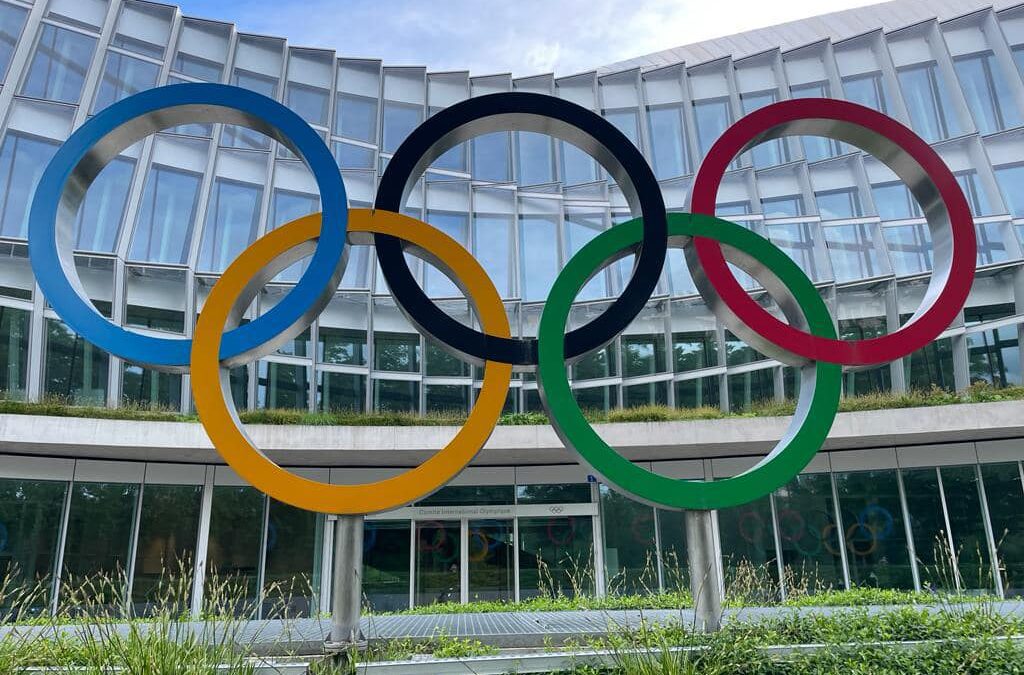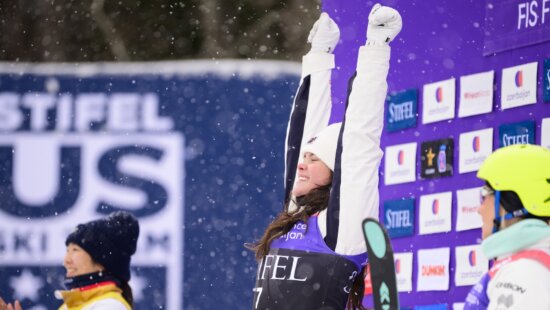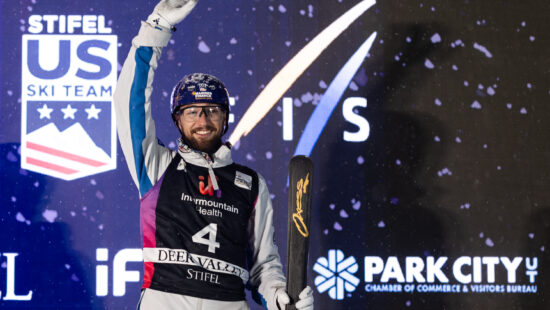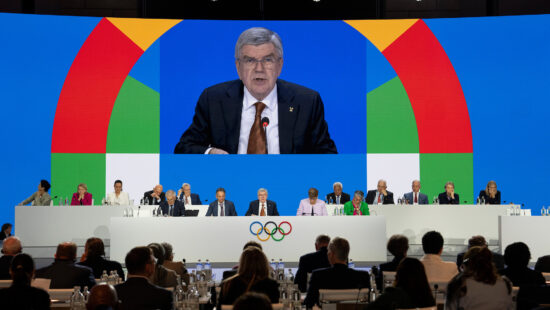Sports
IOC presidential race: From royalty to Olympians, meet the contenders

Olympic rings in in front of the International Olympic Committee Building in Lausanne, Switzerland. Photo: International Luge Federation // Facebook
GENEVA, Switzerland — Two former Olympic champions are in the race to be the next IOC president. So is a prince of a Middle East kingdom and the son of a former president. The global leaders of cycling, gymnastics and skiing also are in play.
The International Olympic Committee published a list on Monday of seven would-be candidates who are set to run for election in March to succeed outgoing president Thomas Bach for the next eight years.
Just one woman, IOC executive board member Kirsty Coventry from Zimbabwe, entered the contest to lead an organization that has had only male presidents in its 130-year history. Eight of those presidents were from Europe and one from the United States.
Coventry and Sebastian Coe are two-time gold medalists in swimming and running, respectively. Prince Feisal al Hussein of Jordan is also on the IOC board.
Juan Antonio Samaranch Jr. of Spain is one of the four IOC vice presidents, an investment banker whose father was president for 21 years until 2001.
David Lappartient is the president of cycling’s governing body, Morinari Watanabe leads gymnastics, and Johan Eliasch is president of the International Ski and Snowboard Federation. Coe is the president of track’s World Athletics.
All seven met a deadline of Sunday to send a letter of intent to Bach, who must leave the post next year after reaching the maximum 12 years in office. Bach declined at the Paris Olympics last month to seek to change IOC rules in order to stay in office longer.
The next president’s mandate will include the Summer Games in Los Angeles in 2028 and in Brisbane, Australia four years later. Big decisions facing the IOC include picking a host for the 2036 Olympics — with India and Qatar in the mix — assessing the impact of climate change on the global sports calendar and renewing the U.S. broadcast deal that has been a foundation of Olympic finances.
A formal candidate list should be confirmed in January, three months before the March 18-21 election meeting in Greece, near the site of Ancient Olympia.
Only IOC members are eligible to stand as candidates, with votes cast by the rest of the 111-strong membership of the Olympic body.
The IOC is one of the most exclusive clubs in world sports. Its members are drawn from European and Middle East royalty, leaders of international sports bodies, former and current Olympic athletes, politicians and diplomats plus industrialists, including some billionaires like Eliasch.
It makes for one of the most discreet and quirky election campaigns in world sports, with members prevented from publicly endorsing their pick.
Campaign limits on the candidates include a block on publishing videos, organizing public meetings and taking part in public debates. They are expected to publish manifestos before the IOC organizes a closed-door meeting to address voters in January in its home city Lausanne, Switzerland.
The IOC top job ideally calls for deep knowledge of managing sports, understanding athletes’ needs and nimble skills in global politics.
The president oversees an organization that earns billions of dollars in revenue from broadcasting and sponsor deals for the Olympic Games and employs hundreds of staff.
Coe has been widely considered the most qualified candidate. A two-time Olympic champion in the 1,500 meters, he was later an elected lawmaker in Britain in the 1990s, led the 2012 London Olympics bidding and organizing committees and has presided at World Athletics for nine years. But, he has clashed with the IOC, Bach and leaders of other sports bodies on several issues, including his strong positions against Russia on state-backed doping and the invasion of Ukraine, and the decision to award $50,000 cash prizes to track and field gold medalists in Paris.
“A laser like focus on sport must be the priority for the IOC. I believe I can help achieve this and more,” Coe said Monday in a statement.
However, he has potential legal hurdles about his ability to serve a full eight-year mandate. The IOC has an age limit of 70 for members, while Coe will be 68 on election day. The rules allow for a special exemption to remain for four more years, but that would mean a six-year presidency unless those limits are changed.
Coventry, who turned 41 Monday, also has government experience as the appointed sports minister in Zimbabwe.
The only woman ever to stand as an IOC presidential candidate was Anita DeFrantz, a former Olympic rower from the United States. She was eliminated in the first round of voting in a five-candidate election in 2001, which was won by Jacques Rogge.
Samaranch, who turns 65 in November, is the longest-serving member among the candidates, joining in 2001 when his father stepped down. The Spanish official also would need an extension to the IOC age limit.
Lappartient also is president of France’s national Olympic body and has carried strong momentum from the Paris Summer Games. He leads a French Alps project that was picked to host the 2030 Winter Games and was picked by Bach to oversee a long-term project sealed in Paris that will see Saudi Arabia hosting the Esports Olympic Games through 2035.
Eliasch is perhaps the most surprising candidate after being elected as an IOC member in Paris less than two months ago. The Swedish-British owner of the Head sportswear brand got 17 “no” votes, a notably high number in Olympic politics.


















